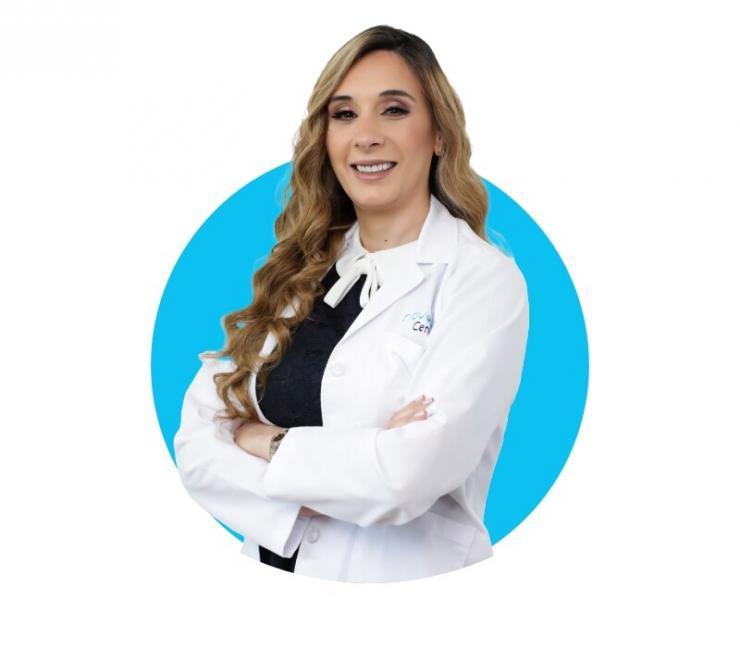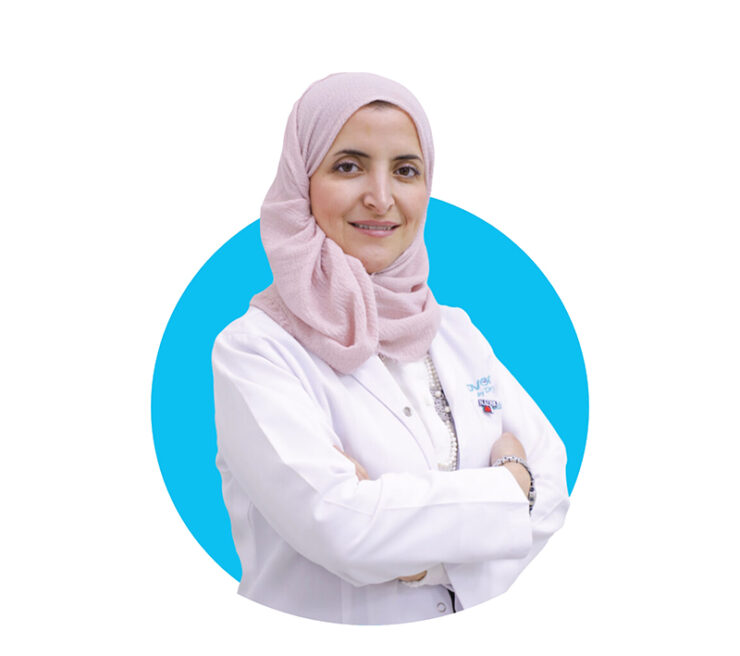Irregular Menstruation Treatment in Dubai, Abu Dhabi and Al Ain
Most women have menstrual periods that last four to seven days. A woman’s period usually occurs every 28 days, but normal menstrual cycles can range from 21 days to 35 days.
You may have irregular periods if the time between each period starts to change, the number of days that your periods last varies a lot or if you lose more or less blood during the period than usual.
Examples of Irregular Periods:
- Periods that last less than 21 days or more than 35 days apart
- Missing three or more periods in a row
- Menstrual flow that is much heavier or lighter than usual
- Periods that last longer than seven days
- Periods that are accompanied by pain, cramping, nausea or vomiting
- Bleeding or spotting that happens between periods, after menopause or following sex
Irregular menstruation can be caused by several factors. Changes in the levels of estrogen and progesterone can disrupt the normal pattern of the period. That’s why girls going through puberty and women approaching menopause commonly have irregular periods.
Other causes of irregular periods include:
- Abortion
- Birth control pills
- Ectopic pregnancy
- Breastfeeding
- Hormonal disorders such as hypothyroidism
- Polycystic ovary syndrome
- Endometriosis
- Using an intrauterine device (IUD)
- Thickening of polyps lining
- Stress
- Weight problems
- Over-exercising
Call your doctor if you have had regular, monthly periods and the pattern changes. Your doctor may give you a physical exam and other tests to rule out pregnancy or a health problem.
Call your doctor if you have any of the following symptoms:
- You miss three or more periods a year.
- You get your period more often than every 21 days.
- You get your period less often than every 35 days.
- You are bleeding more heavily than usual during your period.
- You bleed for more than 7 days.
- You have more pain than usual during a period.
Treatment
You probably don’t need treatment for irregular periods unless they bother you or if you need treatment for another condition that’s affecting your menstrual cycle.
Polycystic ovary syndrome (PCOS) and hypothyroidism are two common causes of irregular periods in women. In general, the goal of treatment is to restore the balance of hormones in the body.
If you have PCOS, your doctor may recommend birth control pills or other hormones to trigger a period. If you have hypothyroidism (underactive thyroid), you may need to take thyroid hormones.
Other things that may help include:
If you have irregular periods after 3 months of hormonal birth control, your doctor may recommend another type of birth control. Some women develop irregular periods when using Nexplanon, Depo-Provera, or an IUD.
Some women have changes in their period because they exercise too much. You may need to make your workouts less intense, or exercise less often. If stress is the problem, learning how to manage your stress — and possibly also talking with a counselor — may be helpful.
Weight gain can make it harder for your body to ovulate, so weight loss could help with that. But extreme, sudden weight loss can also lead to infrequent or irregular periods.
An irregular menstrual cycle is often due to a lack of or imbalance in certain hormones in the body. Doctors often prescribe birth control pills (oral contraceptives) containing the hormones estrogen and progesterone to help control irregular periods. A hormone medication called progestin can also help trigger periods in women who don’t get them.
If you have irregular periods and are trying to get pregnant, your doctor may prescribe other hormone treatments.
Sometimes, scarring or structural problems in the uterus (womb) or Fallopian tubes may lead to irregular periods. Your doctor may recommend surgery to correct any structural problems or birth defects, particularly if you know you want to have children. It may also be done to remove severe scar tissue in the reproductive tract.






